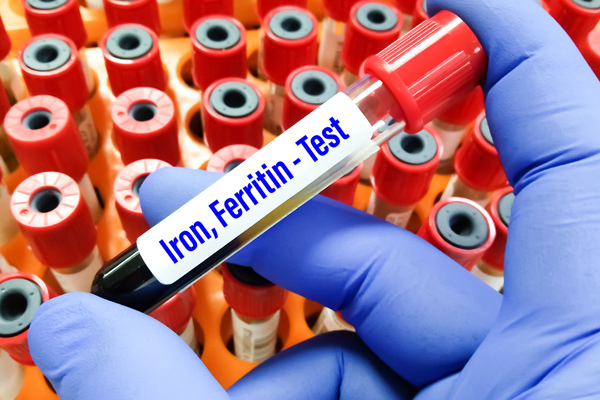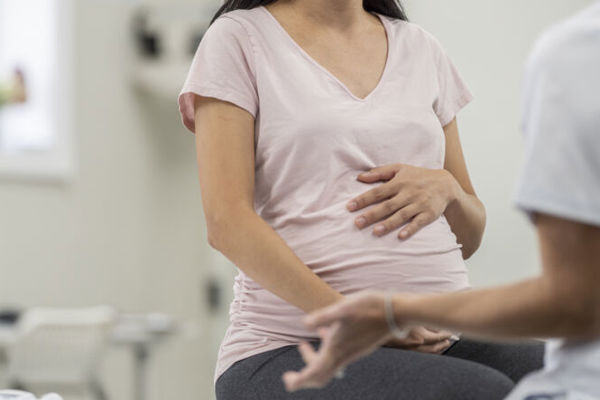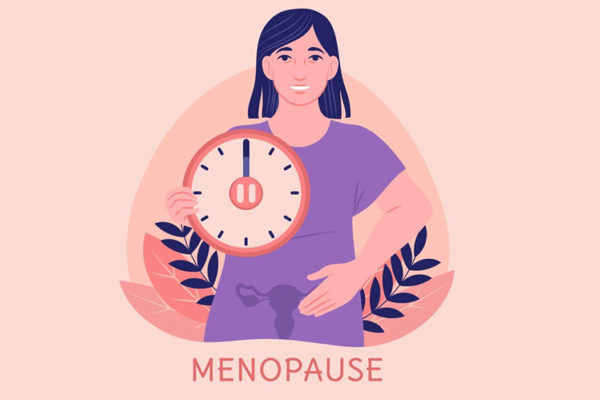13Aug
A nationwide push to contain syphilis is now in place, as Australia’s Chief Medical Officer Professor Michael Kidd declared it a Communicable Disease Incident of National Significance (CDINS). The declaration, the first of its kind for syphilis since notifications for the disease began to be tracked in 2004, is designed to redouble nationwide healthcare efforts to reduce and treat infections, which have spiralled in recent years. The declaration of a CDINS enables an ‘enhanced coordination of national efforts’ from the federal, state and territory governments to stop spread and ‘dire health outcomes’. Cases of syphilis peaked in 2023, with 6566 cases of infectious syphilis and 20 cases of congenital syphilis, which led to the deaths of 10 babies. Professor Kidd warned that notifications among women of reproductive age this year ‘are expected to be similar to 2023’. So far in 2025, there have been 3602 new cases of infectious syphilis recorded as well as 11 cases of congenital syphilis leading to four infant deaths. Dr Sara Whitburn, Chair of RACGP Specific Interests Sexual Health Medicine, said there is likely to be a variety of reasons behind the rising levels of sexually transmitted diseases such as syphilis, including reduced condom use among younger people and older people. She cites decreased sexual health education in schools during the pandemic years as a factor. ‘We still call for supportive, encouraging and non-judgmental education in schools,’ she told newsGP. ‘As STIs rise, they might start in populations who are at higher risk, but then will move into other populations, and that is what we’re seeing in syphilis.’ A newly updated National Syphilis Response 2023–30 plan published by the Interim Australian Centre for Disease Control also warned that the disease ‘is no longer confined to certain regions or cohorts’. For Dr Whitburn, the declaration underpins the need for GPs to offer opportunistic testing where possible. ‘It’s being aware that syphilis is on the rise and that syphilis can occur in all populations,’ she said. ‘Syphilis should be considered in sexually active people, no matter what their background is or their population. ‘It is recommended to do HIV and syphilis testing as well as chlamydia and gonorrhoea for anyone who’s presenting for an asymptomatic STI test.’ Syphilis is asymptomatic in about half of new cases.
Dr Whitburn also stressed the importance of testing throughout pregnancy, including in the third trimester. This year, rates of syphilis notifications are highest among 30–34-year-olds, with 587 notifications for males and 140 for females in this cohort recorded so far. The most notifications in 2024 were in New South Wales (968), followed by Queensland (869) then Victoria (834). However, the highest rate per 100,000 was in the Northern Territory (111) followed by Queensland (26) then NSW (22). Professor Kidd’s statement said Aboriginal and Torres Strait Islander people are ‘disproportionately affected’, with notification rates seven times higher than for non-Indigenous Australians last year. It also stated that of the 99 cases of congenital syphilis reported between 2016 and 2024, 33 infants died, with 58% of those Aboriginal and Torres Strait Islander infants. Professor Kidd said he is ‘very concerned’ about the disease’s ongoing impact. ‘I urge all Australians who are sexually active to get regular sexual health checks, especially when entering new sexual relationships, during pregnancy or when planning for a baby,’ he said. ‘And I urge all pregnant people to seek antenatal care throughout pregnancy.’ Following the spike in deaths linked to congenital syphilis in 2023, officials from the Department of Health, Disability and Ageing and the Australasian Society for HIV, Viral Hepatitis and Sexual Health Medicine met to discuss ways of addressing the disease. A roundtable report by that group last year recommended the disease be declared of national significance as part of a strategy to eliminate congenital syphilis. Dr Whitburn believes that, despite the recent rise in cases, the elimination goal is attainable – but also highlighted the issue of current supply shortages of certain benzathine benzylpenicillin products used in the treatment of bacterial infections such as syphilis. ‘Syphilis is treatable now,’ she said. ‘One of the things I hope the Chief Medical Officer’s statement might support is also advocating for the protection of things like benzathine benzylpenicillin, which is so important – making sure we have got good manufacture and good delivery routes.’
Photo and Article Courtesy of RACGP


































